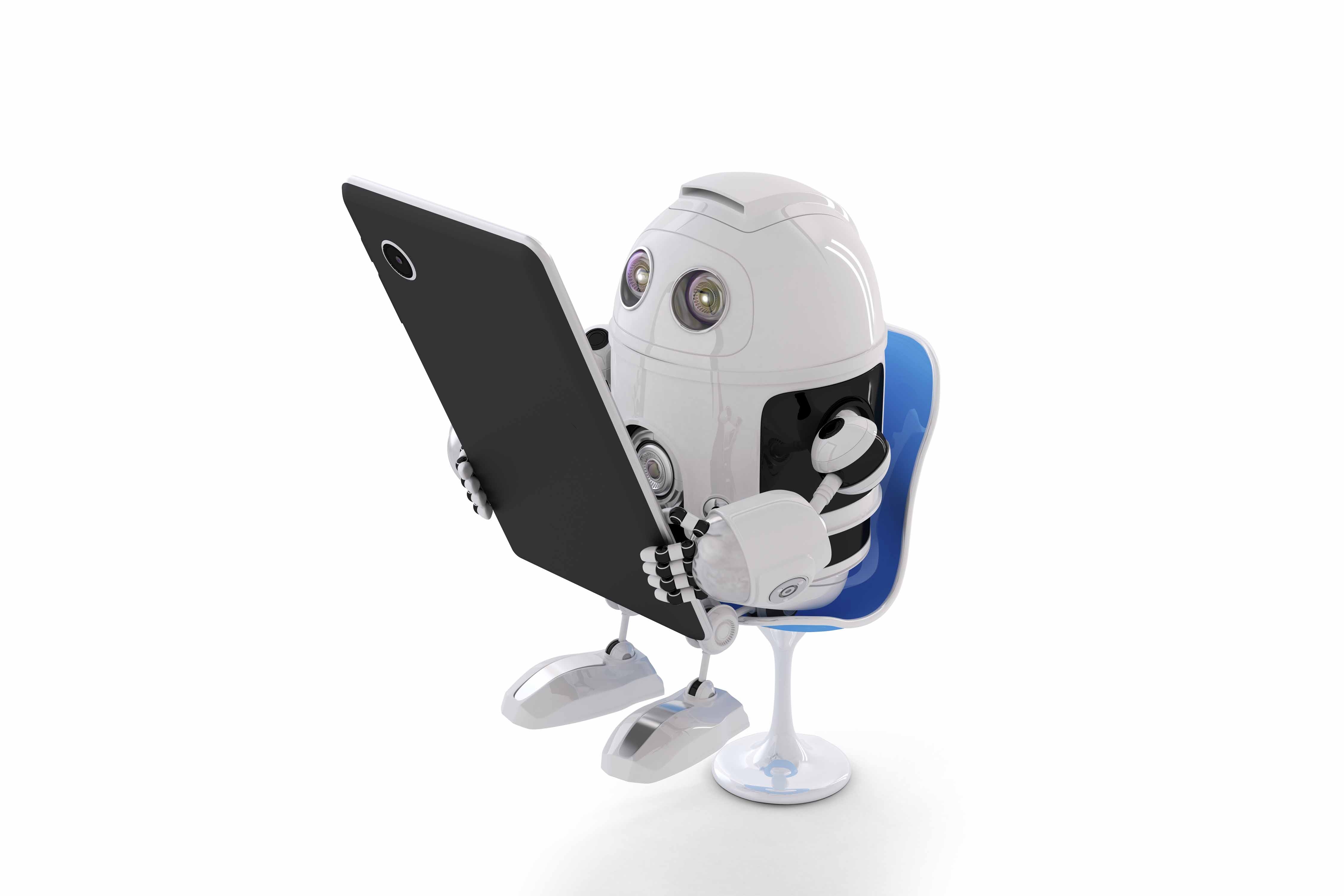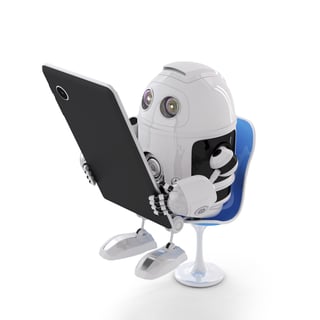
You may have heard about cognitive computing, but aren’t really sure what it is or why it matters. Some companies are betting a major portion of their future on cognitive computing (IBM Watson) and spending tens or hundreds of millions of dollars developing cognitive capabilities.
 We believe cognitive done well and focused on some very specific business problems will make a major impact. The key is bringing together the right technology platform, engineers, and data scientists to improve the efficiency and accuracy of certain kinds of work and processes that have tangible and easily identifiable benefits from deploying a cognitive solution. We’ve spent the last 10 years building and instrumenting our business on a foundation of:
We believe cognitive done well and focused on some very specific business problems will make a major impact. The key is bringing together the right technology platform, engineers, and data scientists to improve the efficiency and accuracy of certain kinds of work and processes that have tangible and easily identifiable benefits from deploying a cognitive solution. We’ve spent the last 10 years building and instrumenting our business on a foundation of:
The instrumentation and analysis of our work has yielded what is known as a corpus. The corpus in our case is a large and structured data set reflecting the activities and decisions of our data scientists and researchers doing their jobs. We instrumented the daily work of our Data Research Analysts finding, corroborating, enhancing, augmenting and improving data used by risk, compliance, sales, and marketing departments. This corpus has allowed us to systematically program and run our cognitive machines, analyze the results, and then tune our programs to improve our cognitive machine learning. This process allows us to match and improve upon the activities and results of SME’s doing their day-to-day jobs.
Cognitive computing requires computer programs to have the ability to handle human kinds of problems. These programs when guided by a constantly expanding corpus based on the working habits of SME’s can really generate value by improving how SME’s can do their jobs faster and better. We are now able to systematically expand the capabilities of our cognitive programs to help business executives solve a growing list of critical data problems that effect risk, compliance, marketing and sales organizations. We have created a laboratory environment where we instrument and analyze SME’s in action and then determine what parts of the work can be automated via cognitive computing. The goal is to allow a much smaller team of SME’s produce data that is highly accurate and actionable in shorter and shorter time periods.
As this technology has matured we've seen how you can turn cognitive computing combined with analysis and stewardship tools to improve actionable data and triggers for all kinds of business problems ranging from better regulatory compliance to discovering new marketing and sales opportunities. That is why I believe that cognitive technology will really improve the accuracy and freshness of critical data and accomplish this with less expense and a smaller ongoing team. This adds up to reduced costs and improved business returns.
These Stories on Text Analytics


No Comments Yet
Let us know what you think